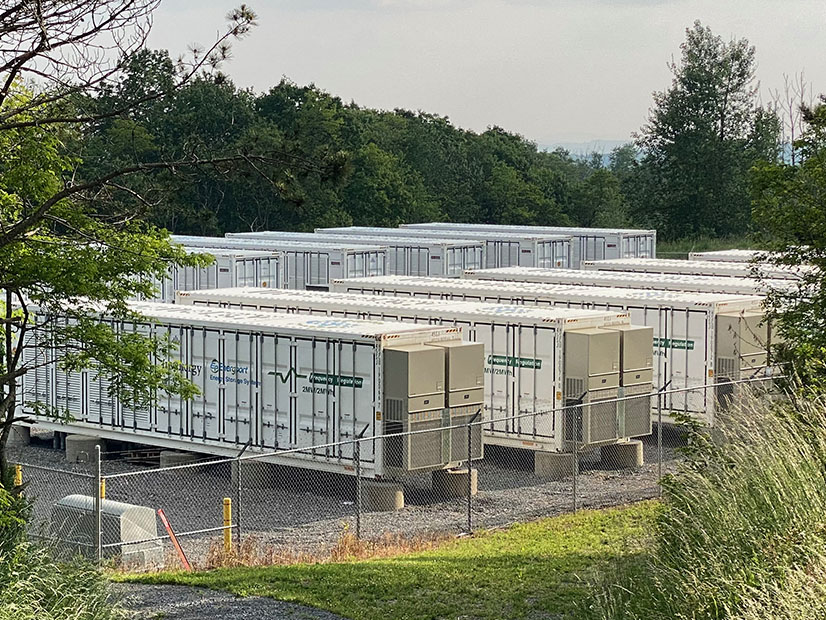New grid-scale battery storage in Maine would be cheaper than new fossil peaker plants when accounting for societal costs of air pollution and carbon emissions, according to a new report by the Clean Energy States Alliance and Strategen.
“Today, existing fossil-fueled peaker assets in Maine are aging and are seldom dispatched economically,” the authors wrote. “Many of these assets are likely to retire soon, making their replacement with cleaner alternatives timely as it would materially contribute to the reliability of the grid, as well as minimize the health and environmental impacts.”
The authors emphasized the potential benefits of four-hour battery storage. While two-hour storage would outperform four-hour storage under ISO-NE’s existing resource capacity accreditation (RCA) rules, ISO-NE’s ongoing work to update how it accredits capacity — intended to take effect in 2028 — would make four-hour batteries cheaper than both two-hour batteries and new fossil peakers, the report found.
“The relative cost-effectiveness of four-hour storage is generally dependent on the capacity accreditation framework,” the authors wrote.
While the accreditation rules treat two-hour and four-hour batteries similarly, ISO-NE has indicated the new RCA framework would increase compensation for longer-duration storage resources. (See NEPOOL Markets Committee Briefs: Feb. 6, 2024.)
The authors also found the results changed significantly when climate and public health were not included in the cost comparison; without these costs, the study found that new peakers would be cheaper than batteries in the updated accreditation scenario.
While new fossil plants would be more efficient than aging incumbent generators, they still likely would result in an increase in statewide emissions and air pollution, the authors noted. Because new plants would be cheaper to run, they would be able to run more frequently, resulting in more pollution, they wrote.
“Replacing fossil-fueled peaker plants with battery storage would avoid this increase in emissions, resulting in environmental and human health benefits including lower risks of respiratory illness, cancer, disease and premature mortality,” the analysis said.
The authors noted the state’s peaker plants typically are located near urban areas, disproportionately exposing lower-income communities to adverse health impacts.
The state is developing a procurement of up to 200 MW of utility scale battery storage, authorized by legislation signed in the summer of 2023.
While the state has about 50 MW of installed battery storage, maxing out at two-hour duration, the procurement should focus on four-hour storage to maximize benefits to the grid, the authors said.
“While two-hour resources might be viable in the near term, as the penetration of renewables and storage increases, longer duration assets such as four-hour [battery energy storage systems] represent more durable, future-proof investments,” the report concluded.




